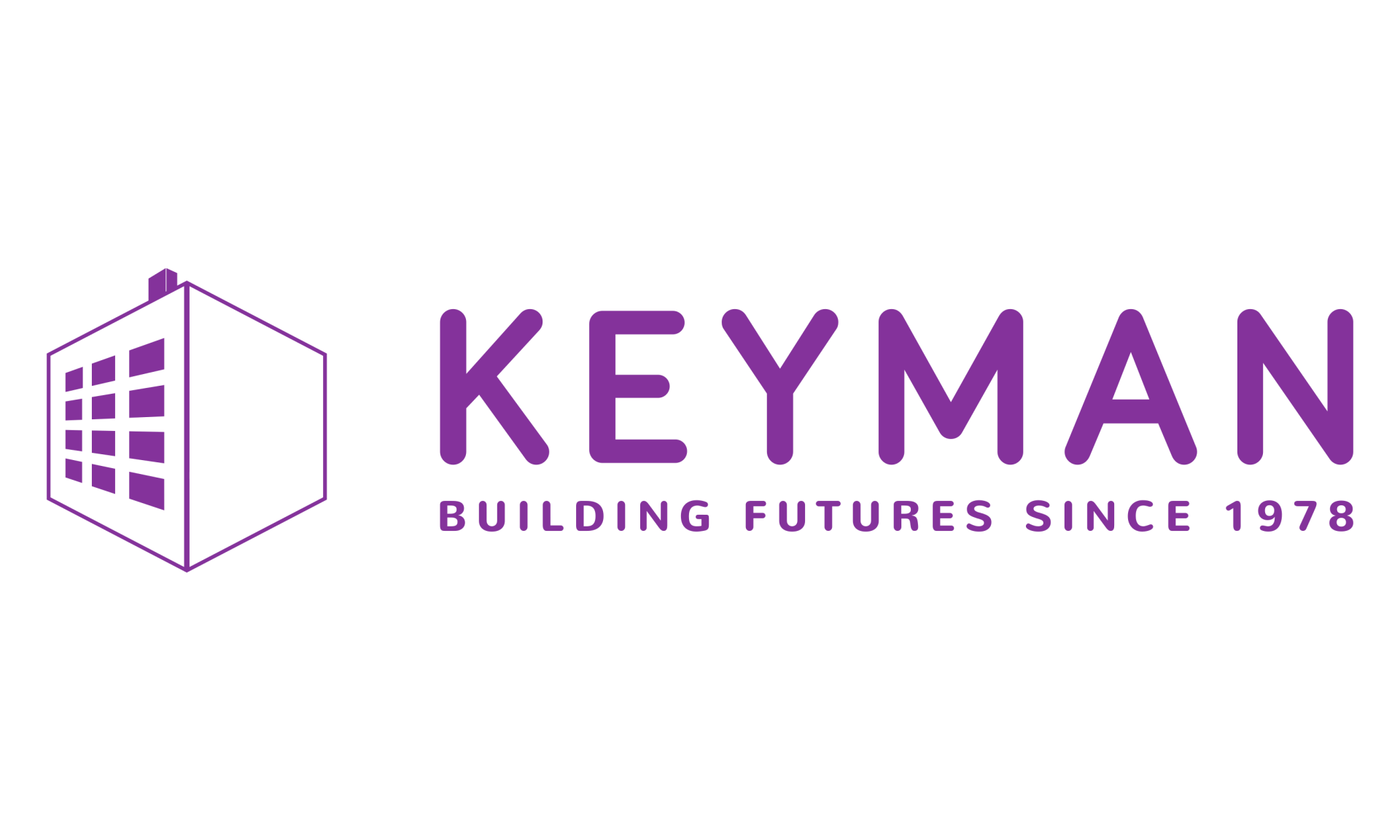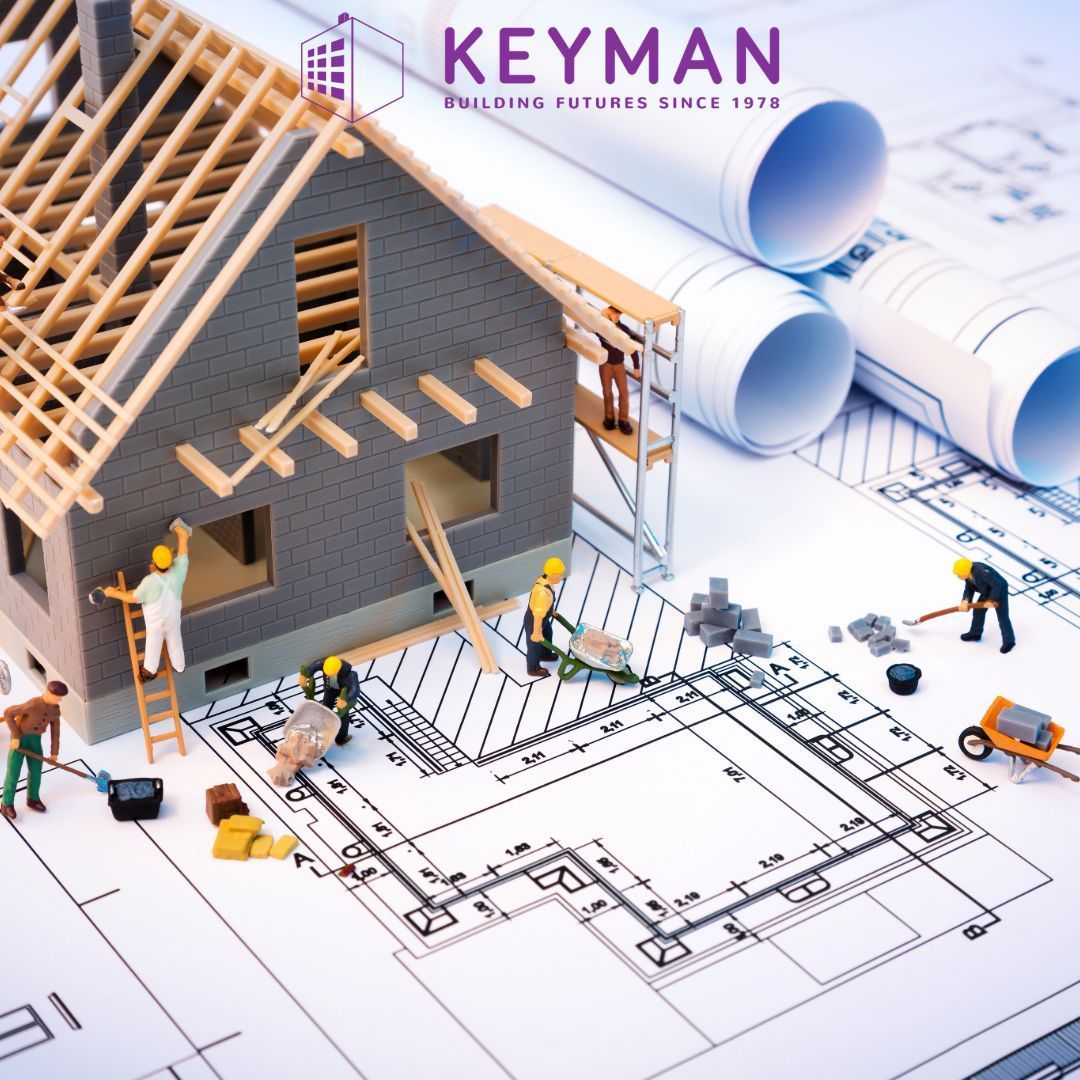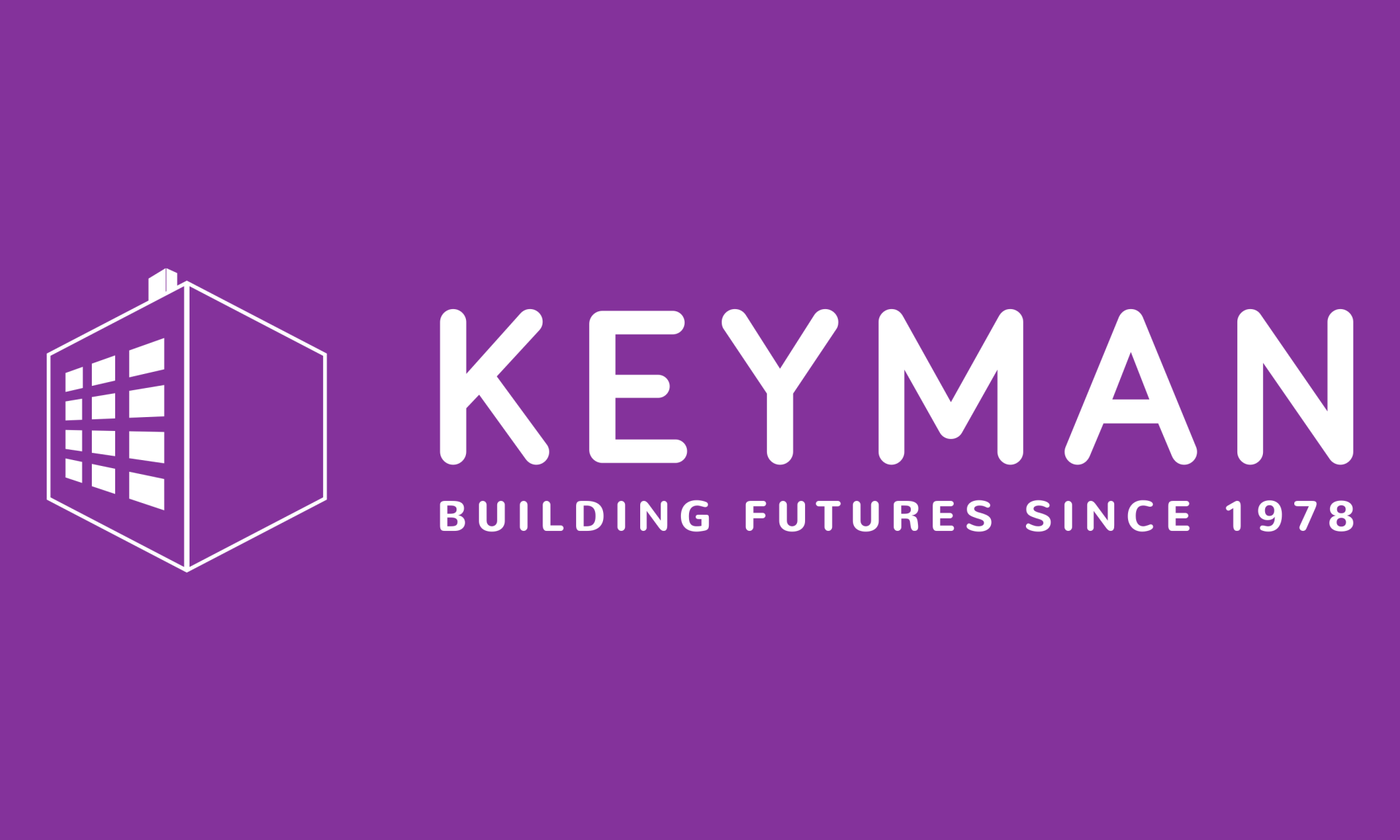
Making Green Buildings: The Increasing Demand for Eco-Conscious Leaders in Construction
In recent years, the term 'green building' has become synonymous with the future of the construction industry. Sustainability is no longer a novel concept but a critical necessity, and this dramatic shift has amplified the demand for eco-conscious leaders in construction.
A Green Revolution in Building
The construction sector accounts for approximately 39% of all carbon emissions in the world, with operational emissions (from energy used to heat, cool and light buildings) accounting for 28% (Global Status Report for Buildings and Construction, 2019). As concerns about climate change escalate, so too does the need to construct environmentally friendly, or 'green,' buildings.
Our built environment must adapt to these changes and respond to the urgency of the climate crisis. Eco-conscious leadership in construction is the key to unlocking this sustainable future.
The Role of Eco-Conscious Leaders
So, what makes an eco-conscious leader in construction? These are individuals who not only understand the practicalities of construction but also have a comprehensive understanding of sustainability principles. They prioritise environmentally friendly practices at every stage of the construction process, from design to demolition.
Eco-conscious leaders play a vital role in promoting sustainable construction, driving innovation, and influencing policy changes. As Paul King, former Chief Executive of the UK Green Building Council, once said, "There is a pressing need for leadership in sustainable development...and the built environment industry should be at the forefront of this transition."
The Business Case for Green Buildings
It's not just about reducing environmental impact, though. There is a robust business case for green building. The UK Green Building Council reports that green buildings typically have a higher property value, with an increase of up to 14% for some green-certified homes.
Furthermore, a World Green Building Council report showed that employees in green, well-ventilated offices record a 101% increase in cognitive scores (brain function). Lower running costs and higher tenant retention rates also make green buildings a solid investment.
Rising Demand for Green Skills
This surge in green building has prompted an increasing demand for construction professionals with 'green skills.' Green skills involve understanding sustainable building practices, renewable energy sources, energy efficiency, and the ability to use green building materials and technologies.
The UK government's 2050 target for net-zero carbon emissions has placed further pressure on the construction industry to 'go green.' As per a 2020 survey by the Construction Industry Training Board (CITB), 61% of construction employers in the UK see a growing need for 'green' skills in the next three years.
Moving Forward
Green building is not a fleeting trend, but the way forward for the construction industry. Eco-conscious leaders in construction are essential to guide this transition. They are instrumental in designing and constructing buildings that not only minimise environmental impact but also create healthier spaces for people to live and work.
"Green building is a win-win, offering both environmental and economic opportunity. Perhaps most importantly, it offers hope - for meaningful jobs, for improved health, for cleaner air, and for our planet," Rick Fedrizzi, Founder of the International WELL Building Institute, once stated.
Leadership in construction must pivot towards a greener future, helping to shape the sustainable cities of tomorrow. The demand for such leadership has never been higher, and those who rise to the occasion will help to create a built environment fit for the 21st century.
Let's build the future, one green brick at a time.
Keyman Blog



